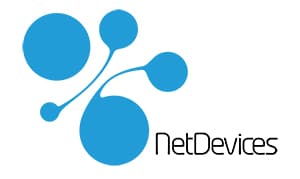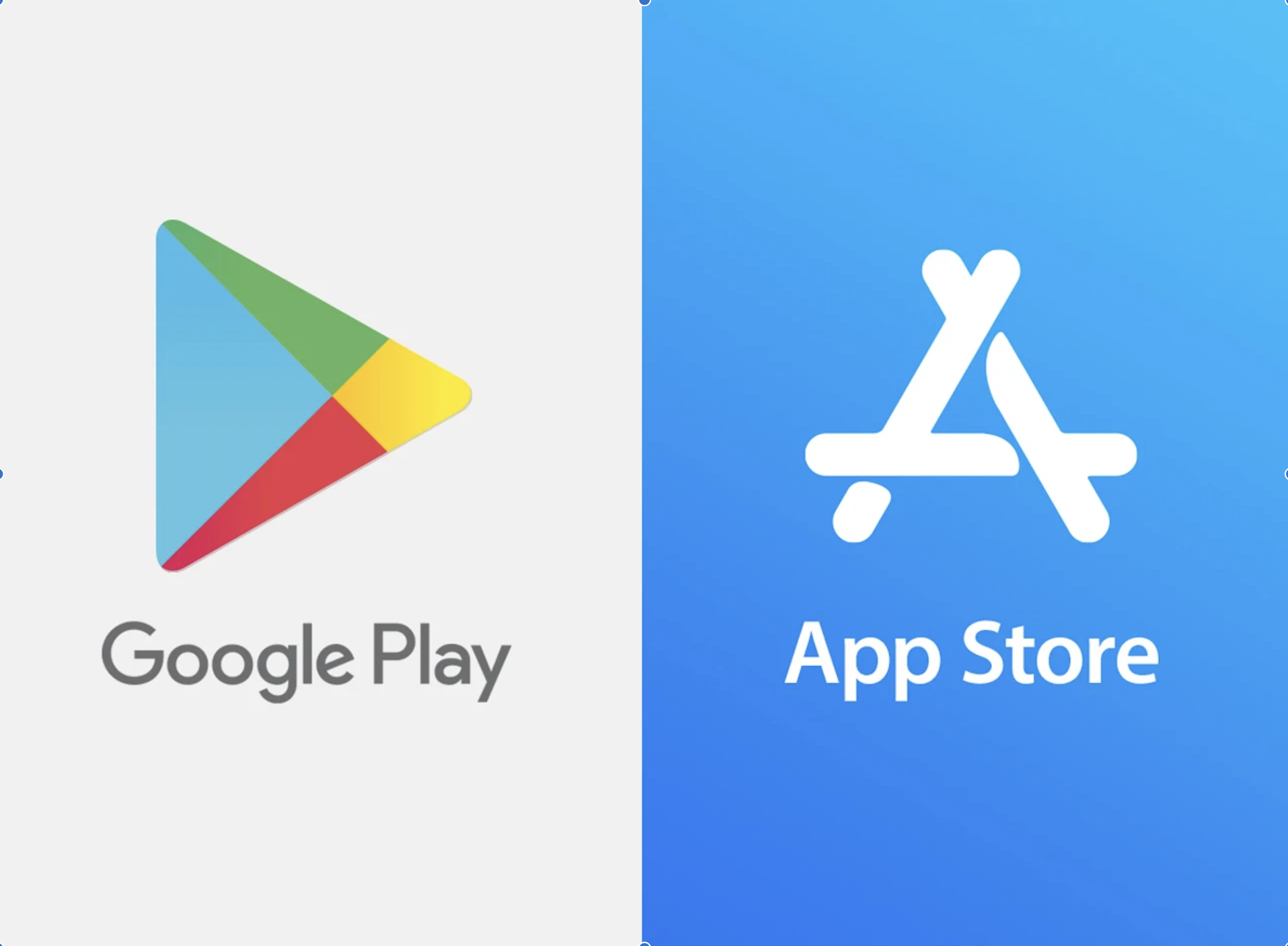Article mis à jour le 4 septembre 2024
En 2024, le monde de la programmation évolue sans cesse, poussé par l’avancée des technologies et l’intelligence artificielle. Certains langages de programmation gagnent en popularité, tandis que d’autres restent des piliers du secteur. Aujourd’hui, on va explorer quels sont les langages de programmation les plus demandés et pourquoi ils sont essentiels pour les développeurs actuels et futurs.
Les langages de programmation au Top en 2024
Python
Python reste le chouchou du monde de la programmation. Polyvalent, facile à apprendre, il est parfait pour les débutants comme pour les experts. En 2024, Python continuera à dominer dans les secteurs de l’intelligence artificielle, du machine learning, du développement web, et de l’analyse de données.
Défis :
- Les fonctionnalités sont souvent perçues comme trop limitées.
- Moins rapide que certains langages compilés.
- Moins efficace par rapport à des langages bas-niveau.
Avantages :
- En raison de sa syntaxe simple, Python est facile à intégrer à d’autres langages comme C et Java,
- Accès à une vaste bibliothèque de code pré-écrit à partir de laquelle vous pouvez baser votre propre travail.
- Si vous recherchez un guichet unique pour vous connecter avec d’autres développeurs et accéder à leur travail, c’est certainement l’une des fonctionnalités les plus utiles offertes par Python.
JavaScript
Ah, JavaScript ! Toujours aussi incontournable pour le développement web. En 2024, il ne se limite plus au développement front-end. Avec des frameworks comme React et Node.js, JavaScript s’étend aux applications full-stack, rendant les développeurs capables de jongler entre front-end et back-end avec aisance.
Défis :
- L’exécution côté client est limitée aux navigateurs et aux environnements associés et ne s’exécute pas côté serveur à moins que des outils supplémentaires ne soient utilisés.
- Il n’existe pas de prise en charge intégrée du multithreading ou du multitraitement.
- Le code doit être écrit dans un langage interprété.
- Souvent cible de failles de sécurité à cause de sa popularité.
- Parfois, les navigateurs interprètent JavaScript différemment.
Avantages :
- Il est pris en charge par tous les principaux navigateurs Web (Chrome, Firefox, Edge, Internet Explorer) et fonctionne bien avec d’autres langages et applications, notamment HTML et CSS (peut également être utilisé avec Java sur Android -applications mobiles basées sur)
- Permet aux développeurs de créer des pages Web interactives.
- Est une langue relativement facile à apprendre.
- Utilisé à la fois pour le client et le serveur.
- Est une langue relativement facile à apprendre.
Kotlin
Kotlin, le petit nouveau devenu grand. Prisé pour le développement Android, il offre une excellente intégration avec Java tout en apportant des améliorations significatives en termes de syntaxe et de fonctionnalités. En 2024, Kotlin est devenu l’un des meilleurs langages de programmation pour le développement mobile.
Défis :
- Petite communauté : Moins de ressources et de soutien par rapport à Java.
- Temps de compilation : Peut être légèrement plus lent que Java.
Avantages:
- Interopérabilité avec Java: S’intègre facilement dans les projets Java existants.
- Plus sûr et concis que Java : Réduit la possibilité d’erreurs de code.
- Supporté par Google pour Android: Devenu le langage privilégié pour le développement Android.
Rust
Rust, connu pour sa sécurité et sa performance, continue de gagner du terrain. En 2024, il est particulièrement apprécié dans les systèmes embarqués, les applications de performance critique, et même dans le développement de jeux. Rust se distingue par sa gestion de la mémoire sans garbage collector, offrant ainsi une performance optimale.
Défis :
- Courbe d’apprentissage : Plus difficile à apprendre, en particulier pour la gestion de la mémoire.
- Moins de bibliothèques que des langages plus établis : Encore en phase de croissance.
Avantages:
- Sécurité et performance : Gestion de la mémoire sans garbage collector.
- Concurrence sans risque : Empêche les bugs de data race à la compilation.
- Outils modernes : Cargo pour la gestion des paquets, Rustfmt pour le formatage.
Go (ou Golang)
Go, conçu par Google, brille par sa simplicité et son efficacité. En 2024, il est de plus en plus utilisé pour le développement de systèmes distribués, de services cloud, et pour les applications nécessitant une haute performance en matière de réseautage.
Défis :
- Moins de contrôle sur la mémoire par rapport à des langages comme C++.
- Manque de certaines fonctionnalités : Comme les génériques (bien que cela soit en cours d’évolution).
Avantages :
- Conçu pour la concurrence : Supporte les opérations concurrentes de manière native.
- Simple et efficace : Facilité d’apprentissage, syntaxe épurée.
- Performance élevée : Compilé en code machine, ce qui le rend rapide.
Pourquoi ces langages sont-ils en haut de l’affiche ?
Ces langages de programmation sont plébiscités pour plusieurs raisons :
- Polyvalence : Ils offrent des solutions pour une vaste gamme d’applications, du web au mobile, en passant par l’intelligence artificielle.
- Communauté et support : Chacun de ces langages bénéficie d’une communauté solide et active, ce qui est crucial pour le soutien, l’apprentissage et la collaboration.
- Innovation continue : Ces langages évoluent constamment, s’adaptant aux dernières tendances technologiques et répondant aux besoins changeants de l’industrie.
Conclusion
Choisir le meilleur langage de programmation pour un projet donné est une décision extrêmement importante. Lorsque vous choisissez une langue pour un projet, vous devez prendre en compte des éléments tels que :
- Le niveau d’expérience de votre équipe.
- Quelles compétences sont requises pour votre projet ?
- Si vous devez envoyer des membres de votre équipe acquérir de nouvelles compétences, quelles langues seront faciles/plus difficiles (et donc plus coûteuses) à apprendre ?
- Avec quel type de systèmes devez-vous vous intégrer ? L’un de ces systèmes repose-t-il sur un langage de programmation spécifique ? Ne fonctionnera pas avec un autre ?
Si vous recherchez des développeurs de logiciels compétents dans ces langages pour le développement d’applications, contactez-nous.



